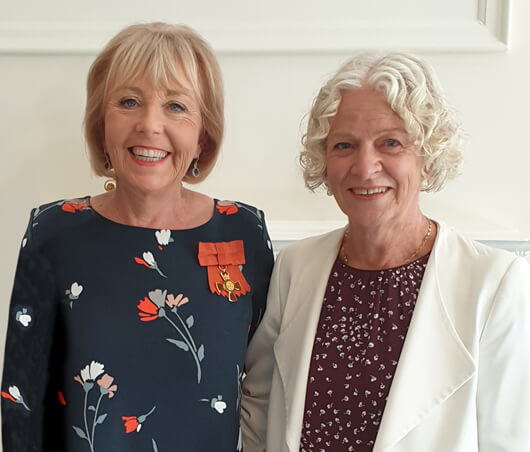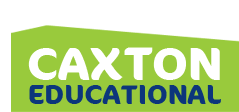Authors’ opinions on NZ maths standards & programmes
April 2023

Maryanne Tipler ONZM and Sue Timperley, authors from CaxEd NZ, were asked 4 questions about the current situation with Maths standards & programmes in New Zealand/Aotearoa.
What are some factors contributing to declining Maths standards in New Zealand?
Factors that contribute to the decline in Maths standards in New Zealand are lack of time given to train teachers in understanding how to meet the objectives of the Maths curriculum, ongoing changes and refinements to the curriculum and the lack of discrimination some teachers use when choosing tools or resources in the classroom.
All primary school teachers require continuous support from a variety of sources in terms of curriculum guidance. The curriculum should have easy to understand and well explained objectives with exemplars of the types of questions, reasoning and answers expected of students for them to achieve each objective. In a crowded curriculum, and with other pressing requirements on their time, there should be guidance on the available resources that meet the curriculum standards.
Constant review of the curriculum and the emphasis on different objectives makes it hard for teachers to keep up to date.
Computers can be an excellent tool to motivate students to learn and practice simple mathematical concepts that do not require reasoning or written work. For students to progress their understanding they should be writing and discussing their reasoning in a collaborative way, something that is not best provided by computers.
What are the key considerations when selecting a maths programme for students?
The key considerations when selecting a maths programme are that it reflects the objectives of the New Zealand curriculum, students will be engaged in discussion and practical activities to further their understanding and the content meets the needs of the students in the classroom.
Any Maths programme must be closely aligned with the New Zealand curriculum to ensure that students have access to achieving its objectives. There must be clear guidelines and assessment tools to help teachers monitor students’ standard of achievement.
Students will truly understand the concepts being taught by being given opportunities to engage in practical activities and to discuss their work and their reasoning. Performing drill, learning algorithms and/or completing “fill in the gaps” worksheets may provide a short-term solution to a student’s struggle, but it is only by truly understanding the concepts that students are able to progress to higher levels. Any Maths programme should encompass a range of activities and questions that will assist students to do this.
Not all classrooms and schools are the same so any Maths programme, and the individual teacher, should take into consideration the needs of their current students. Therefore, the Maths programme of any school should provide the teacher with the flexibility to make changes in order to meet those needs, while still concentrating on the objectives of the NZ curriculum.
How can student engagement in Maths be improved?
Student engagement is crucial to success in mathematics and is best achieved when the activities and resources being utilised are ones that students and their wider community can relate to. Teachers should be aware of the specific needs of their students and formulate a Maths progamme that engages both the student and their whanau. Whanau engagement will enhance student learning and successful outcomes if they can see the relevance of maths to their future lives.
Finding resources that sit within the NZ context and environment can be a time-consuming challenge so teachers should have help to access a range of good resources that are written for the NZ curriculum and contain relevant NZ content. Acknowledging the different ways students learn means that a diverse range of tools should be used to cater for different learning styles without losing sight of the importance of the fact that these resources should reflect the NZ curriculum.
Many teachers lack confidence in their own maths ability, and this can be reflected in their reluctance to provide tasks that are both accessible to all students as well as providing scope for challenge. Ongoing teacher professional development will support teachers in providing a rich learning environment.
How can resources be used to track student progress?
There is a wide range of resources available to track student progress, but some are better than others. Teachers need resources which have been written specifically for NZ and have mappings or references to each objective in the curriculum so that they can determine how students are progressing in relation to each.
Ongoing teacher observation and monitoring of students’ work is of more value than a one-off point in time assessment. Resources should allow for teacher student interaction on a regular basis to achieve a broader view of student progress.

